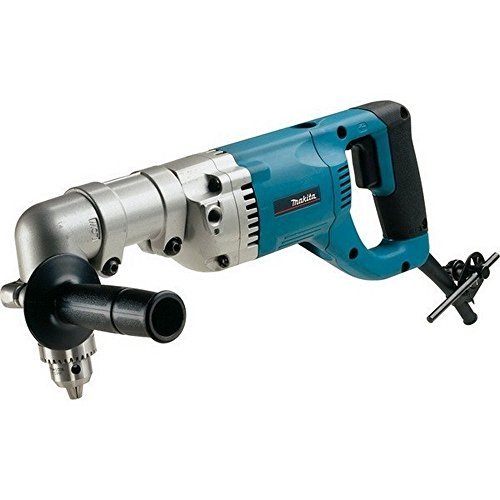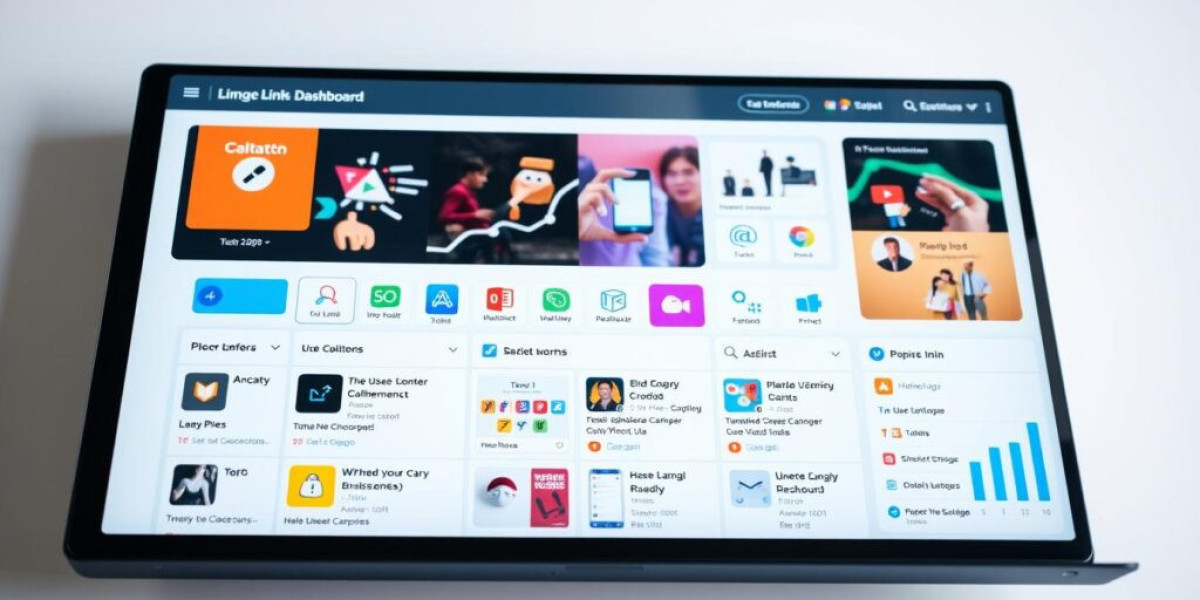In the modern world, tools are not just physical implements but a broad category that includes software, machinery, and technologies that enhance human capabilities. From the simplest hammer to the most complex artificial intelligence algorithms, tools have been instrumental in shaping human civilization. This article delves into the multifaceted impact of tools, exploring how they have transformed industries, enabled innovation, and continue to push the boundaries of what is possible.
The Evolution of Tools
From Stone to Silicon
The history of tools is a testament to human ingenuity and the relentless pursuit of efficiency. The earliest tools, crafted from stone and bone, were essential for survival, enabling early humans to hunt, gather, and build shelter. Over millennia, the development of metal tools marked a significant leap forward, facilitating the rise of agriculture and the establishment of settled societies.

In the Industrial Revolution, the introduction of machinery revolutionized production processes, leading to mass manufacturing and the growth of industries. The 20th century saw the advent of electronic tools, from simple calculators to complex computers, which further accelerated technological advancements.
The Digital Age
The digital age has ushered in a new era of tool development. Software tools, such as computer-aided design (CAD) programs, project management software, and data analytics platforms, have become indispensable in various fields. These tools not only enhance productivity but also enable new forms of collaboration and innovation.
The Impact on Industries
Manufacturing
In the manufacturing sector, advanced tools and technologies have transformed production lines. Automation, robotics, and artificial intelligence (AI) have reduced labor costs, increased precision, and improved quality control. For example, 3D printing has revolutionized prototyping and small-scale production, allowing for rapid iteration and customization.
Healthcare
In healthcare, tools such as medical imaging devices, electronic health records (EHRs), and telemedicine platforms have improved patient care and outcomes. AI-driven diagnostic tools can analyze medical data with unprecedented accuracy, enabling early detection and personalized treatment plans.
Education
Education has also been profoundly impacted by the development of digital tools. Online learning platforms, virtual classrooms, and educational software have made learning more accessible and engaging. These tools have the potential to bridge the educational gap and provide equal opportunities for learners worldwide.
Agriculture
In agriculture, precision farming tools, such as GPS-guided tractors and drones, have optimized crop management and resource use. Sensors and data analytics help farmers monitor soil conditions, weather patterns, and crop health, leading to more sustainable and efficient farming practices.
Enabling Innovation
Research and Development
Tools play a crucial role in research and development (R&D). Advanced laboratory equipment, simulation software, and data analysis tools enable scientists and engineers to conduct experiments, model complex systems, and validate hypotheses. These tools accelerate the pace of innovation, driving breakthroughs in fields such as biotechnology, materials science, and renewable energy.
Entrepreneurship
For entrepreneurs, tools such as business planning software, market research platforms, and crowdfunding websites have democratized the startup process. These tools provide the necessary resources and insights to turn ideas into viable businesses, fostering economic growth and job creation.
Creativity
In the creative industries, tools such as graphic design software, video editing platforms, and digital audio workstations have democratized content creation. Artists and creators can produce high-quality work without the need for expensive equipment or specialized training, leading to a flourishing of creativity and diverse forms of expression.
The Future of Tools
Emerging Technologies
The future of tools is shaped by emerging technologies such as quantum computing, blockchain, and the Internet of Things (IoT). Quantum computers have the potential to solve complex problems that are currently intractable, while blockchain technology can enhance transparency and security in various applications. IoT devices, connected through the internet, can create smart environments that optimize resource use and improve quality of life.
Ethical Considerations
As tools become more powerful and pervasive, ethical considerations become increasingly important. Issues such as data privacy, algorithmic bias, and the impact of automation on employment must be addressed to ensure that the benefits of tools are shared equitably and responsibly.
Sustainability
Sustainability is another critical aspect of tool development. Tools that are energy-efficient, recyclable, and designed for longevity can help reduce the environmental impact of human activities. Innovations in renewable energy technologies, such as solar panels and wind turbines, are essential for transitioning to a more sustainable future.
FAQs
What are the key benefits of using advanced tools in industries?
- Increased Efficiency: Advanced tools can automate repetitive tasks, reducing labor costs and increasing productivity.
- Improved Accuracy: Tools such as AI and data analytics can provide precise insights and reduce errors.
- Enhanced Collaboration: Digital tools facilitate remote work and real-time collaboration, enabling teams to work more effectively.
- Innovation: Advanced tools enable the development of new products and services, driving economic growth and competitiveness.
How are tools transforming the healthcare industry?
- Improved Diagnostics: AI-driven diagnostic tools can analyze medical data with high accuracy, leading to early detection and better treatment outcomes.
- Personalized Medicine: Tools that analyze genetic data can help tailor treatment plans to individual patients, improving efficacy.
- Remote Care: Telemedicine platforms allow healthcare providers to consult with patients remotely, expanding access to care.
What role do tools play in education?
- Accessibility: Online learning platforms and educational software make education more accessible to learners worldwide, including those in remote or Powertoolsonline.uk underserved areas.
- Engagement: Interactive tools such as virtual reality (VR) and augmented reality (AR) can make learning more engaging and immersive.
- Customization: Adaptive learning tools can tailor educational content to the needs and pace of individual learners, improving learning outcomes.
What are the ethical considerations in the development and use of tools?
- Data Privacy: Ensuring the protection of personal data is crucial, especially in industries such as healthcare and finance.
- Algorithmic Bias: Tools that rely on machine learning can perpetuate biases if not carefully designed and tested.
- Impact on Employment: Automation and AI can displace jobs, necessitating strategies for retraining and reskilling the workforce.
How can tools contribute to sustainability?
- Energy Efficiency: Tools that optimize energy use, such as smart thermostats and energy management systems, can reduce carbon emissions.
- Resource Management: IoT devices and data analytics can help manage resources more efficiently, reducing waste.
- Renewable Energy: Tools for generating and storing renewable energy, such as solar panels and battery storage systems, are essential for a sustainable future.
Tools have been a driving force in human progress, transforming industries, enabling innovation, and enhancing quality of life. From the earliest stone tools to the most advanced digital technologies, the evolution of tools reflects the ingenuity and adaptability of human civilization. As we look to the future, the continued development of tools will play a crucial role in addressing global challenges and shaping a more sustainable and equitable world. By embracing the power of tools, we can unlock new possibilities and create a brighter future for all.








